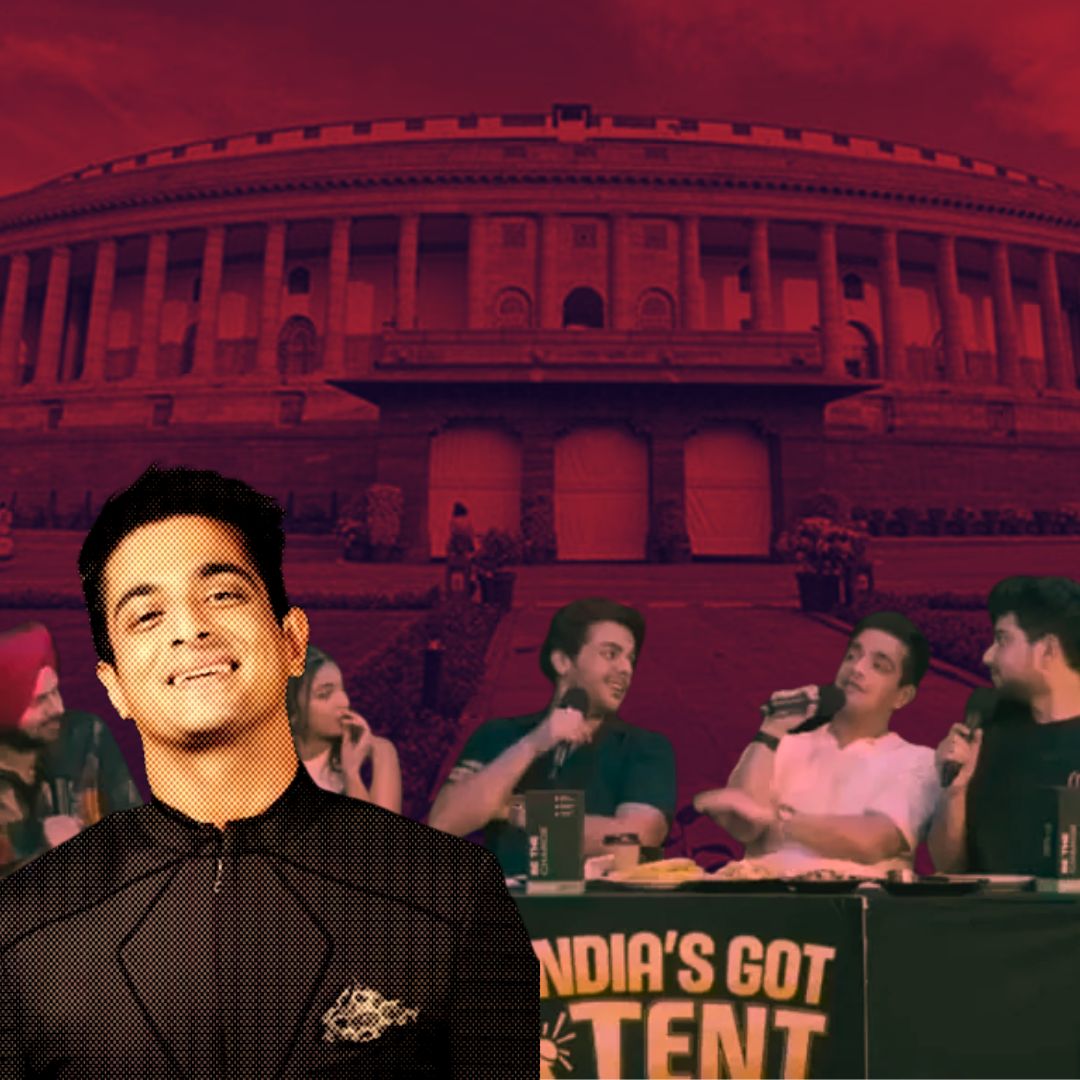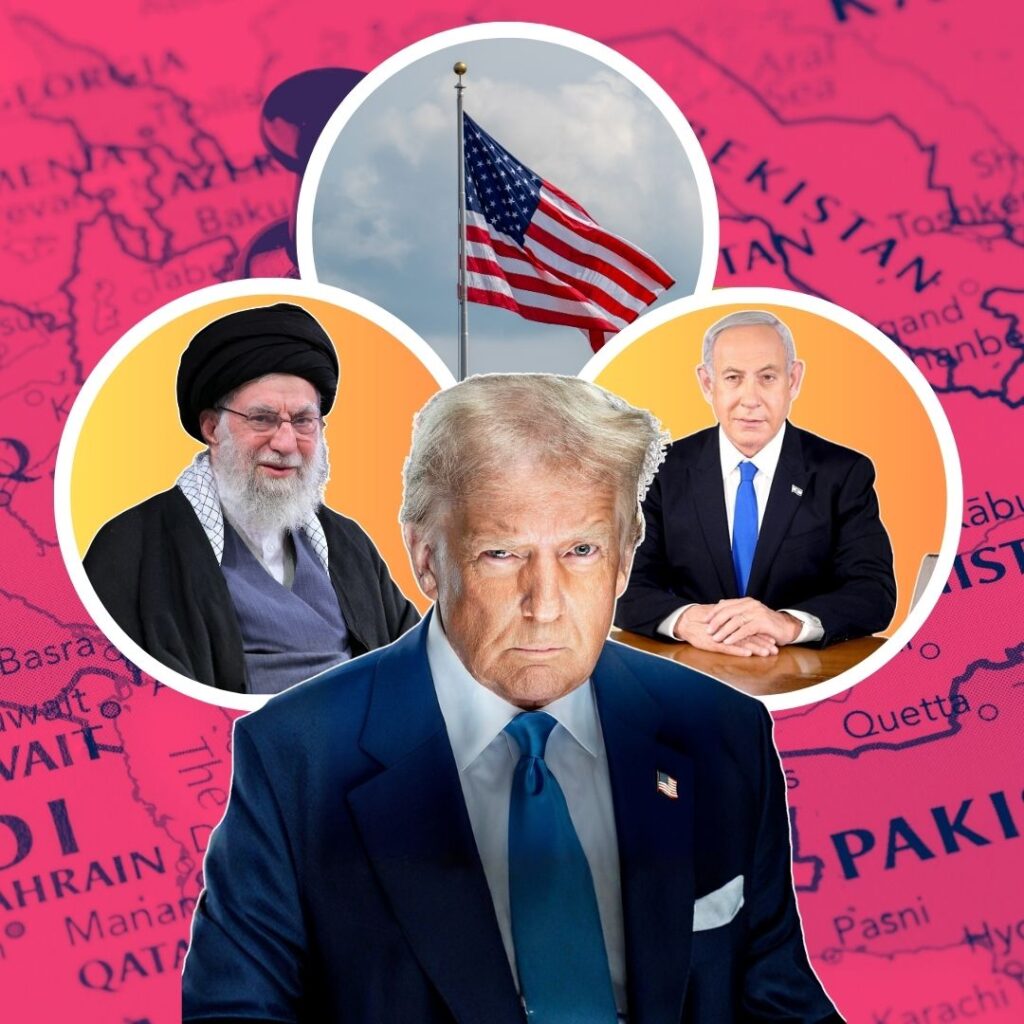Following significant public outcry over YouTuber Ranveer Allahbadia’s controversial and widely criticised remarks about parents and usage of vulgar language, made during an appearance on comedian Samay Raina’s “India’s Got Latent” show, a parliamentary panel is set to address the matter.
Members of Parliament have expressed serious concerns and are advocating for the implementation of stricter content guidelines for social media and Over-the-Top (OTT) platforms. In response to the backlash, Allahbadia has issued a public apology, characterising his comments as a “lapse in judgement.” However, this has not stemmed the tide of legal action, with complaints and First Information Reports (FIRs) being filed against Allahbadia, Raina, and other content creators involved in the show.
The National Commission for Women (NCW) has taken cognisance of the matter and has summoned the involved parties for a hearing scheduled for February 17. In the wake of the controversy, YouTube has removed the contentious episode from its platform, and the All Indian Cine Workers Association (AICWA) has issued a strong condemnation of the remarks.
Parliamentary Intervention and Legal Proceedings
The controversy surrounding Ranveer Allahbadia’s comments has reverberated within the Indian Parliament, with Members of Parliament (MPs) raising serious concerns about the nature of the content being disseminated on social media and OTT platforms. These concerns have led to renewed calls for more stringent regulations to govern online content. Shiv Sena-UBT MP Priyanka Chaturvedi has publicly stated her intention to raise the issue within the IT standing committee of Parliament, signalling a proactive approach to addressing the perceived shortcomings in content regulation. “I think with freedom of expression, the Constitution also imposes certain responsibility on us. I think there needs to be certain boundaries,” Chaturvedi told ANI, highlighting the delicate balance between free speech and responsible content creation.
On the legal front, advocates Ashish Ray and Pankaj Mishra have jointly filed complaints with the Mumbai Police Commissioner and the State Women’s Commission, alleging that Allahbadia’s remarks disrespect women and undermine societal values. Further compounding the legal challenges, commentator Rahul Easwar has also lodged a complaint, seeking the registration of an FIR under the Bharatiya Nyaya Sanhita and the Information Technology Act, underscoring the potential legal ramifications for those involved.
Public Backlash, Apology, and Industry Response
Allahbadia’s remarks, which were captured in a clip that subsequently went viral across social media platforms, have ignited a firestorm of public condemnation. The remarks, widely described as “distasteful” and “offensive,” have prompted widespread calls for decisive action to be taken against the content creator. In response to the mounting pressure and escalating criticism, Allahbadia issued a public apology in an attempt to mitigate the damage.
He also requested the creators of the “India’s Got Latent” show to remove the offensive segment from their platform. However, despite these efforts to address the controversy, the situation has continued to escalate, drawing in legal and governmental bodies, highlighting the gravity of the situation. Audio storyteller and author Neelesh Misra has voiced his strong disapproval of the “perverted creators” who he believes are shaping the country’s creative economy, lamenting the apparent lack of responsibility demonstrated by the platforms that host such content.
The Logical Indian’s Perspective
In light of the controversy surrounding Ranveer Allahbadia’s remarks, it is imperative that content creators recognise the profound impact of their words and actions, particularly on the impressionable young minds that make up a significant portion of their audience. While freedom of expression is a fundamental cornerstone of democracy, it is not without limitations and must be exercised responsibly, with due regard for societal values, cultural norms, and sensitivities. The pursuit of entertainment should never come at the cost of decency, respect, and the promotion of positive values.
Platforms that host and disseminate content must also be held accountable for the material they allow to be shared, ensuring that it aligns with ethical standards and promotes responsible behaviour. How can we collectively foster a more responsible and ethical approach to content creation, one that prioritises the promotion of positive values, encourages constructive dialogue, and fosters a culture of respect and empathy within the digital space?













